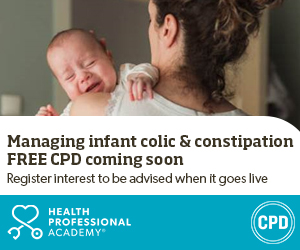Accident and Emergency (A&E) waiting times across England have recorded the worst ever level since a four-hour target was introduced in 2004, latest figures reveal.
In December, only 79.8 per cent of patients were seen within four hours in all A&E departments compared to the 81.4 per cent of the previous month.
While the target of 95 per cent was last met in July 2015, type I A&E performance slipped below 70 per cent for the first in 15 years.
Professor John Appleby, Nuffield Trust Chief Economist, said: “This pressure is spreading out across the entire system. 2020 started with over 18,000 ambulance handover delays, where paramedics are desperately trying to get patients in need of treatment into the hospital before heading out to their next call”.
“The Government has started to put in a lot of extra money for the NHS from last April, but this shows just how long it is going to take for it to be felt patients and staff,” Appleby said.
The figures further revealed that 98,452 people have waited at least four hours in trolleys in A&E before hospital staff finding them a bed, while 2,347 of them were delayed over 12 hours.
“The NHS is struggling to escape its spiral of decline. With a record low in terms of four-hour performance and highest ever number of 12-hour waits, this will have been a miserable Christmas period for many patients and staff alike,” said Dr Katherine Henderson, President of the Royal College of Emergency Medicine (RCEM).
“Change is coming, but slowly. The recent promise of 40 new hospitals from the government must be kept, but the more pressing need is to address the capacity issues of the ones we do have,” Henderson said.
The RCEM president urged the government to use March’s budget as an opportunity to increase capital budgets within the NHS.









